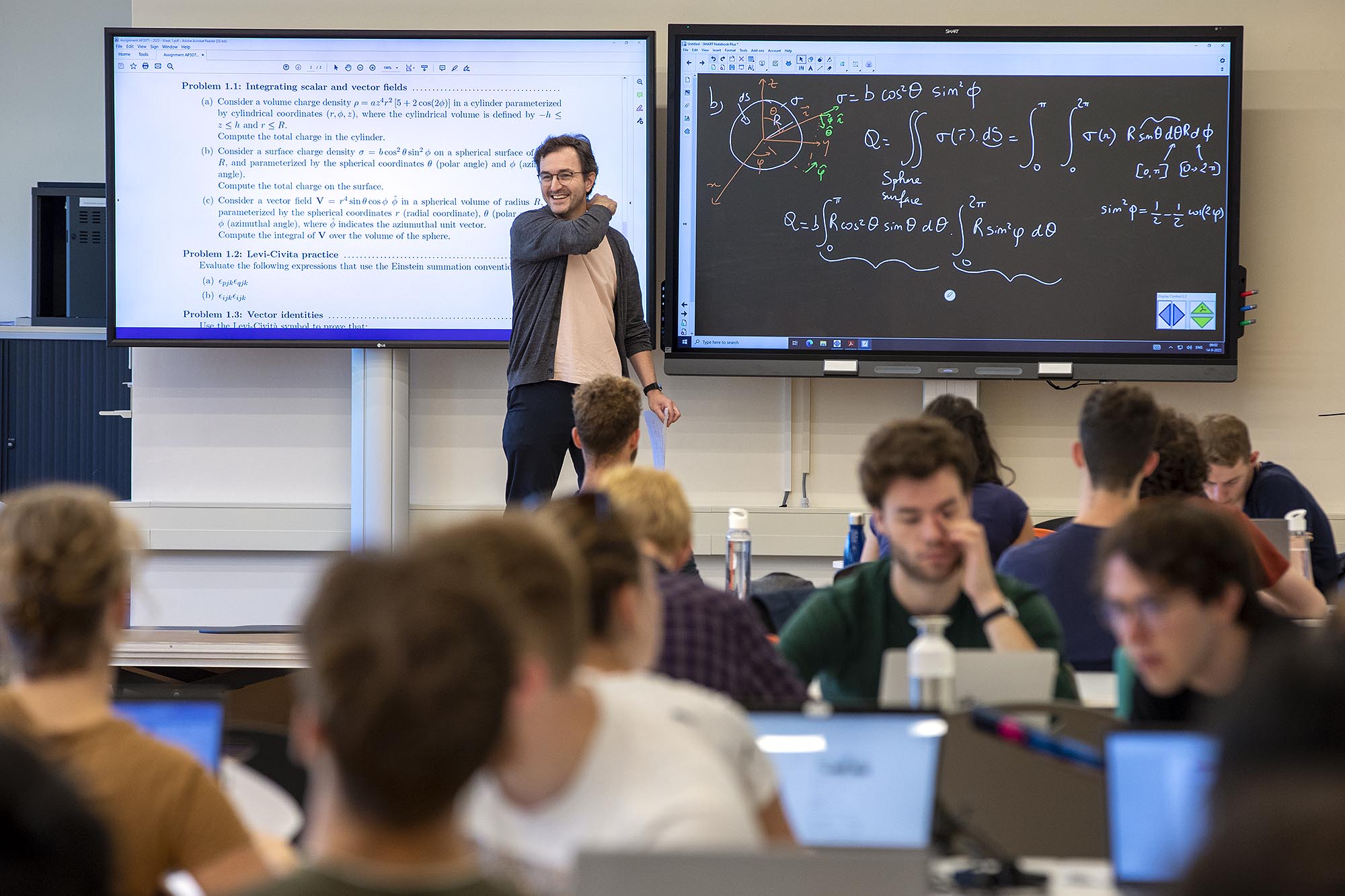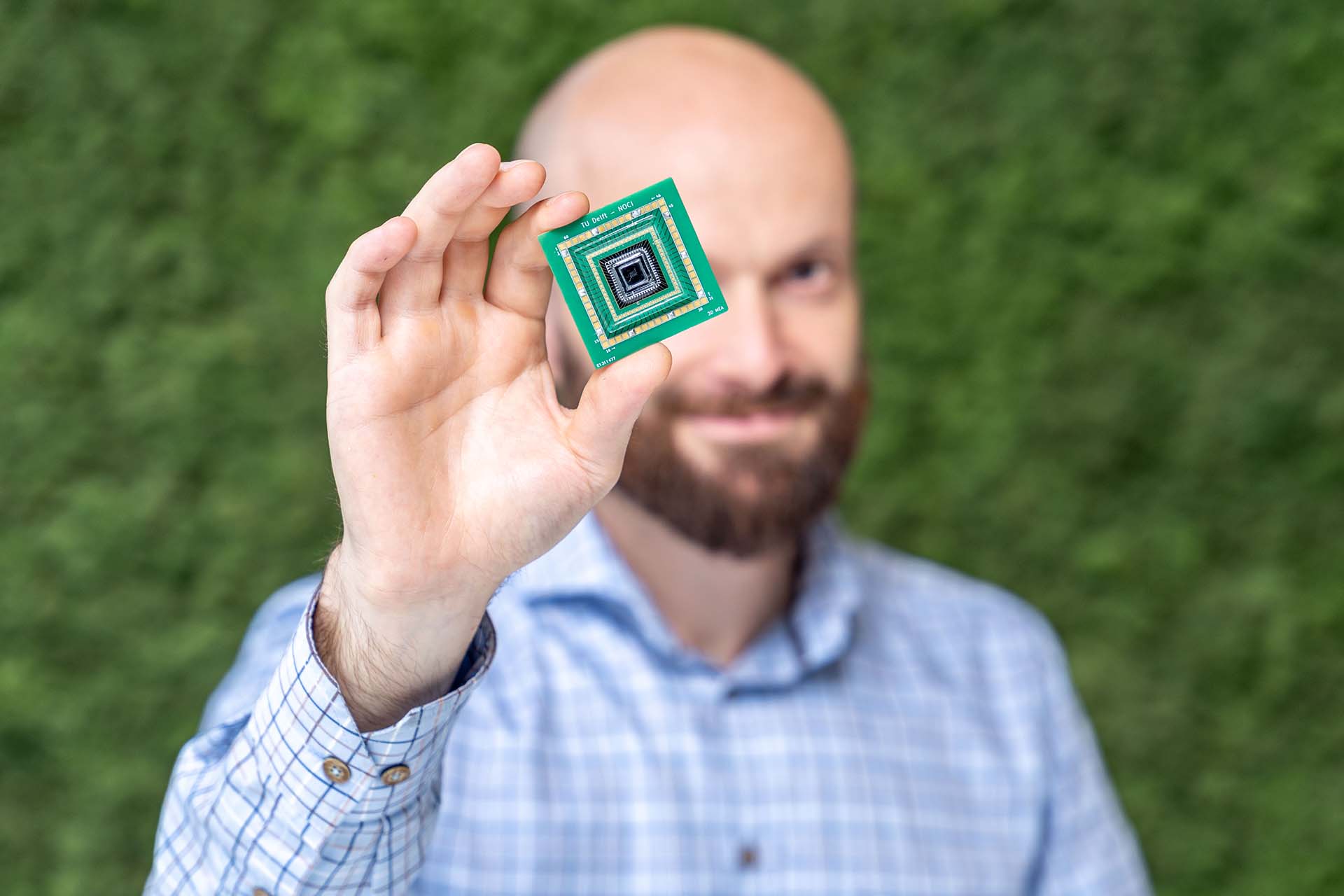Investment in engineering education crucial for Dutch chip sector
Good news for Dutch chip sector: on Thursday 28 March, the Dutch government presented its plans to invests 450 million euro in technical engineering education, in addition to a structural yearly investment of 80 million euro. Four regions (Groningen, Enschede, Delft and Eindhoven) are asked to come up with a plan to recruit more students at trade schools, universities of applied sciences and universities to work in this sector.
"In Delft, we are ready to play a prominent role," responds Tim van der Hagen, chairman Board of Directors. "This is of course wonderful news and a fantastic boost for the big challenge we are currently facing as technical universities: providing significantly more engineers of the future, who are desperately needed. In the Dutch chip sector, but also in solving the major societal issues of this century."
In the Netherlands, far too few students choose to study engineering, while top companies like ASML are crying out for talent. Talent development for the Dutch high-tech sector is therefore a major task and responsibility at TU Delft. "At our university, we have plenty of potential. We are labelled as ‘the incubator of the Dutch chip industry’ for a reason," van der Hagen states. "But we can only continue to offer world-leading education with support of important investments like this one."
The Netherlands is a big player in the global microchip industry and has a crucial position within Europe and worldwide, with a vibrant economic ecosystem in which technical universities play a crucial role. Both in terms of talent and knowledge developer, as well as provider of necessary high-tech facilities that accelerate innovations. Delft University of Technology plays an essential key role in this ecosystem, with a unique combination of state-of-the-art cleanrooms, leading expertise of scientists, high-quality talent development incubator for startups. In Delft, people aim to pioneer new chip technologies and materials.
Van der Hagen: "The experiences our students gain in our labs make them highly sought-after in the Netherlands and Europe, where the chip industry cannot do without such expertise. It is crucial that these funds from 'Project Beethoven' are used to invest in education and research in order to maintain and strengthen the Dutch strategic autonomy."

